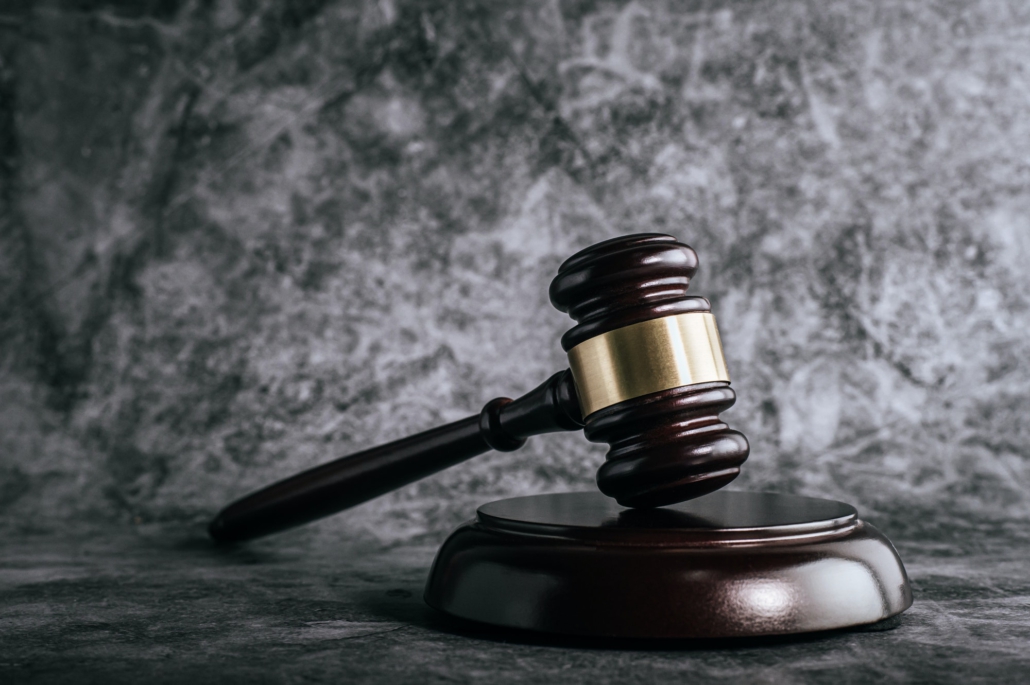“Evidence” possible through party submissions alone! – On the decision of the BGH of 10.03.2021 – Ref. XII ZR 54/20
/in Nicht kategorisiertLEGAL+ NEWS
Everyone is probably aware that evidence in civil proceedings is essentially provided by documents, witnesses and experts.
In contrast, statements by the parties involved (party submissions) are – it is widely believed – “only” factual submissions that must first be supported by evidence if you want your arguments to be successful.
In its ruling of 10.03.2021 (case no. XII ZR 54/20), the Federal Court of Justice pointed out – as a matter of course – that the party’s submissions alone can be sufficient to support a judgment!
The BGH stated:
“The complaint against denial of leave to appeal rightly complains that the contested judgment is based on a decision-relevant violation of Article 103(1) of the Basic Law, because it failed to take the to take note of the plaintiff’s submissions relevant to the decision in the manner required by Article 103 (1) of the Basic Law and to take the evidence offered (see Senate decision of December 18, 2019 – XII ZR 67/19 – NJW-RR 2020, 392 marginal no. 8 with further references).”
“In its assessment of the plaintiff’s credibility
, the Higher Regional Court also relied on the fact that her statements regarding the in rem security for the payment, which she had made with regard to
a jointly intended marriage with the testator in 2016 under
, were not credible. In this respect, it was unable to form a conviction on the basis of the factual submissions and the personal interview with the plaintiff and thus considered the evidence incumbent on the plaintiff to be lacking. In doing so, however, it disregarded essential submissions of the plaintiff.”“Article 103 (1) of the Basic Law obliges the court to take note of and consider the submissions of the parties to the proceedings.
In doing so,
the requirement of the right to be heard as a fundamental procedural right is intended to ensure that the decision is made free of procedural errors that are due to the failure to take note of and consider the parties’ submissions. In this sense, Article 103 (1) of the Basic Law in conjunction with the principles of the Code of Civil Procedure require that significant requests for evidence be taken into account.”
The passages quoted above from the Federal Court of Justice’s decision firstly describe the general significance of party submissions in civil proceedings.
In the following statement, the BGH then recalls a fundamental principle of civil procedure that is unknown to many:
“It is true that the Regional Court did not have to take evidence from witnesses after it had already based its conviction on the information provided by the plaintiff alone. However, if the Higher Regional Court did not want to consider the evidence of the claim made by the plaintiff to have already been established by the result of her personal interview, it either had to take and assess the additional witness evidence offered or, if it considered the witness evidence on the internal fact of the intention to marry to be insufficiently supported by circumstantial evidence, it had to point this out to the plaintiff. By failing to do so, it violated the plaintiff’s right to be heard.”
It follows that a court can base its judgment solely on the submissions of the parties! Only if it wishes to deviate from this party submission must (further) evidence be taken!

My rating:
The BGH correctly stated this principle as a matter of course because a court forms its conviction freely in accordance with the central standard of Section 286 (1) sentence 1 ZPO:
“The court must decide whether a factual allegation is to be regarded as true or not true, taking into account the entire content of the hearings and the result of any taking of evidence.”
It follows from this, of course, that the court may form its conviction as to the truth freely, i.e. without the need to take evidence, e.g. by hearing witnesses. Accordingly, it also goes without saying that the court may also base its judgment solely on the statements of one party.

LATEST ARTICLES

Procedural law: The inactive expert witness
The inactive expert witness is a major dilemma for those affected. The legislator has certainly recognized this and, with a reform of the law on expert witnesses with effect from 15.10.2016, has anchored quite relevant tightening in civil procedure law.

Evidential value of private expert opinions
The evidentiary value of private expert opinions is very close to that of court expert opinions. In practice, this is often not the case: many courts tend to regard private expert opinions, i.e. expert opinions commissioned outside the proceedings, as a nuisance. These expert opinions, which are usually “labeled” as biased, are therefore in most cases considered to be of lesser value than court-commissioned expert opinions and are downgraded in the judgment with clichéd justifications. However, this approach, which is widespread in practice, is not covered by supreme court case law! In fact, expert opinions provided by the parties are important for the constitutionally guaranteed legal protection of the parties. This is the only way to fully uncover – not infrequent – errors in court reports.

BGH ruling “Influencer II”
LEGAL+ NEWS BGH ruling “Influencer II” In its “Influencer II”
CONTACT

+49 (40) 57199 74 80
+49 (170) 1203 74 0
Neuer Wall 61 D-20354 Hamburg
kontakt@legal-plus.eu
Benefit from my active network!
I look forward to our networking.
This post is also available in: DE

